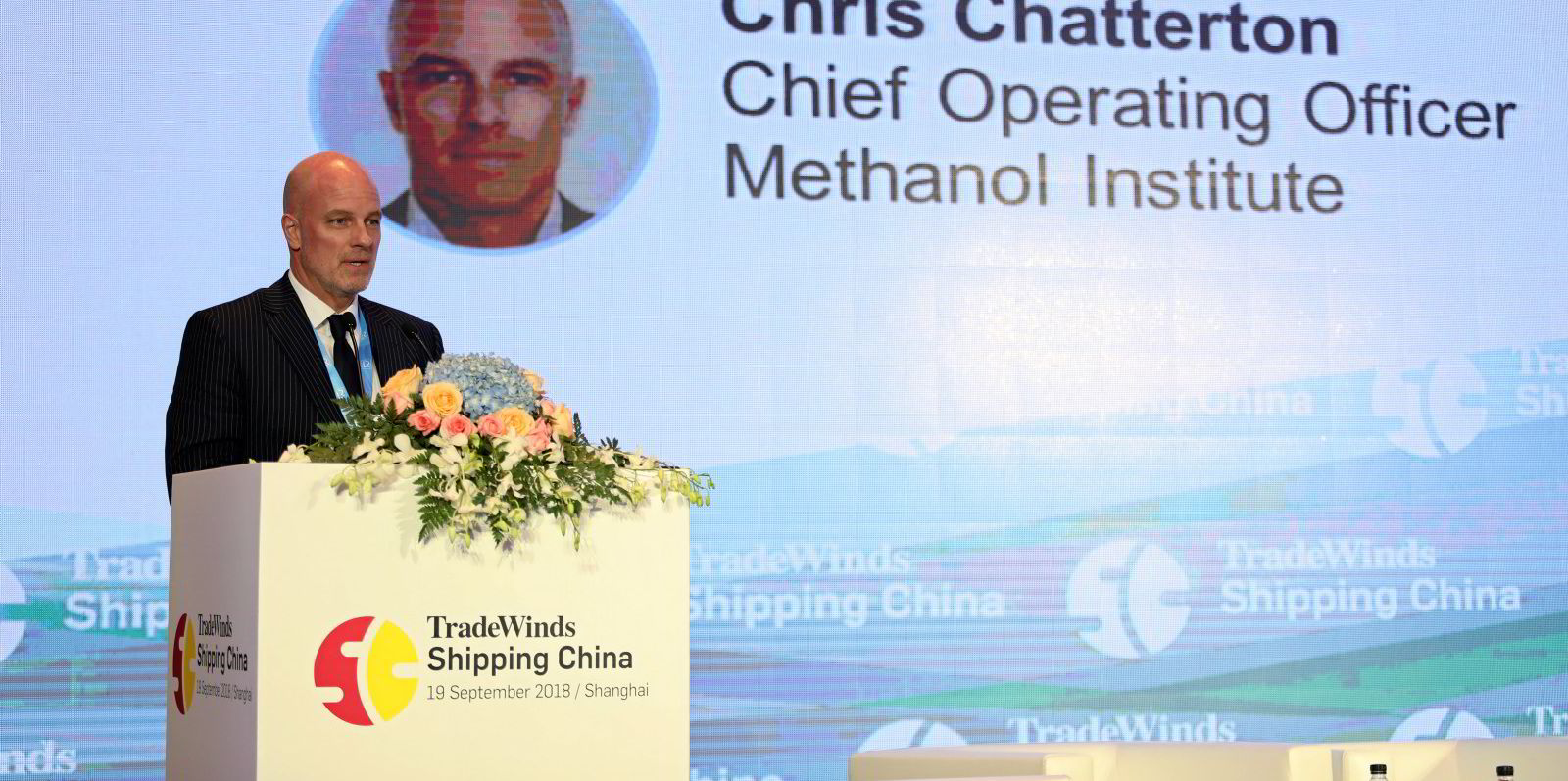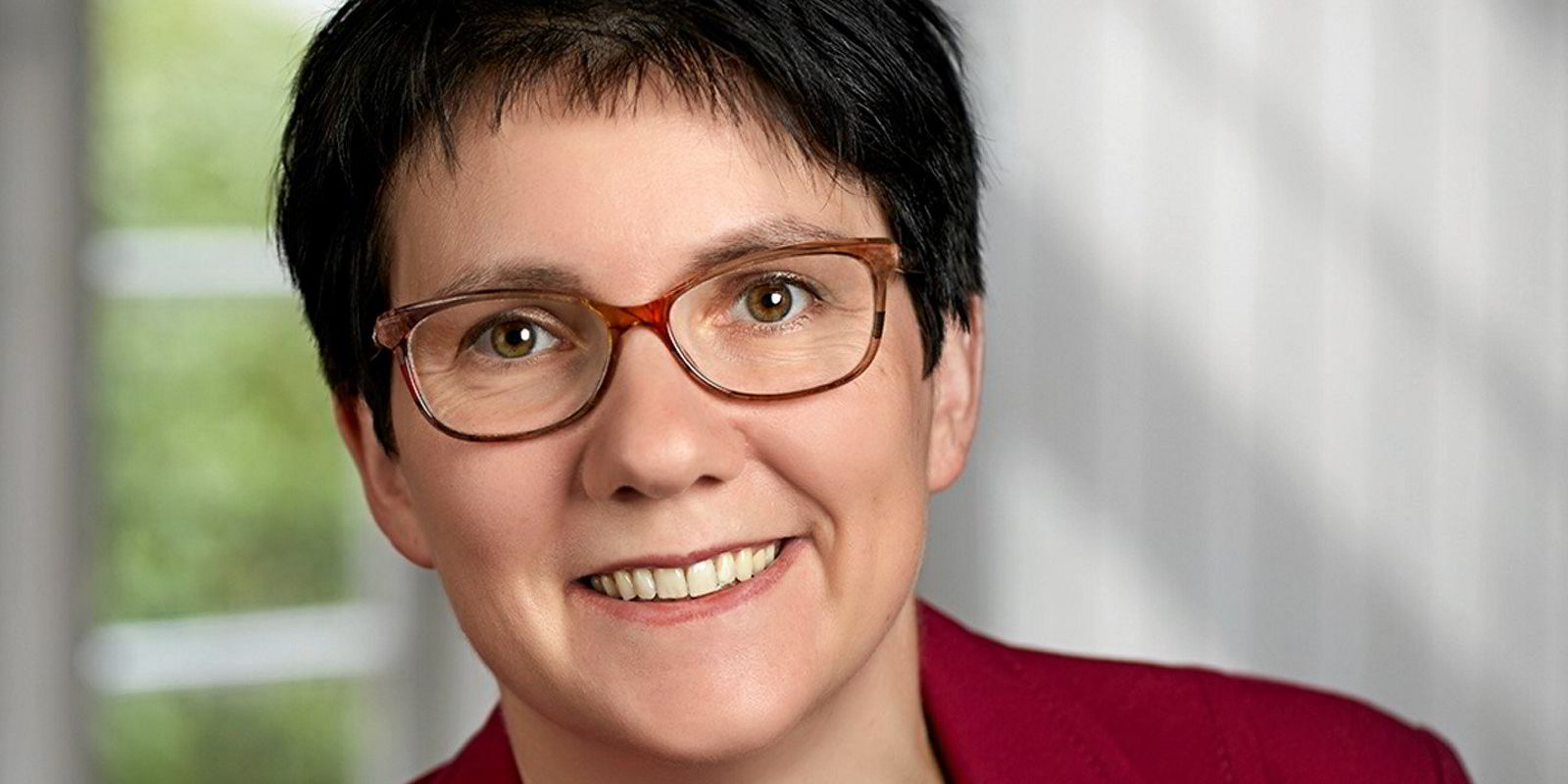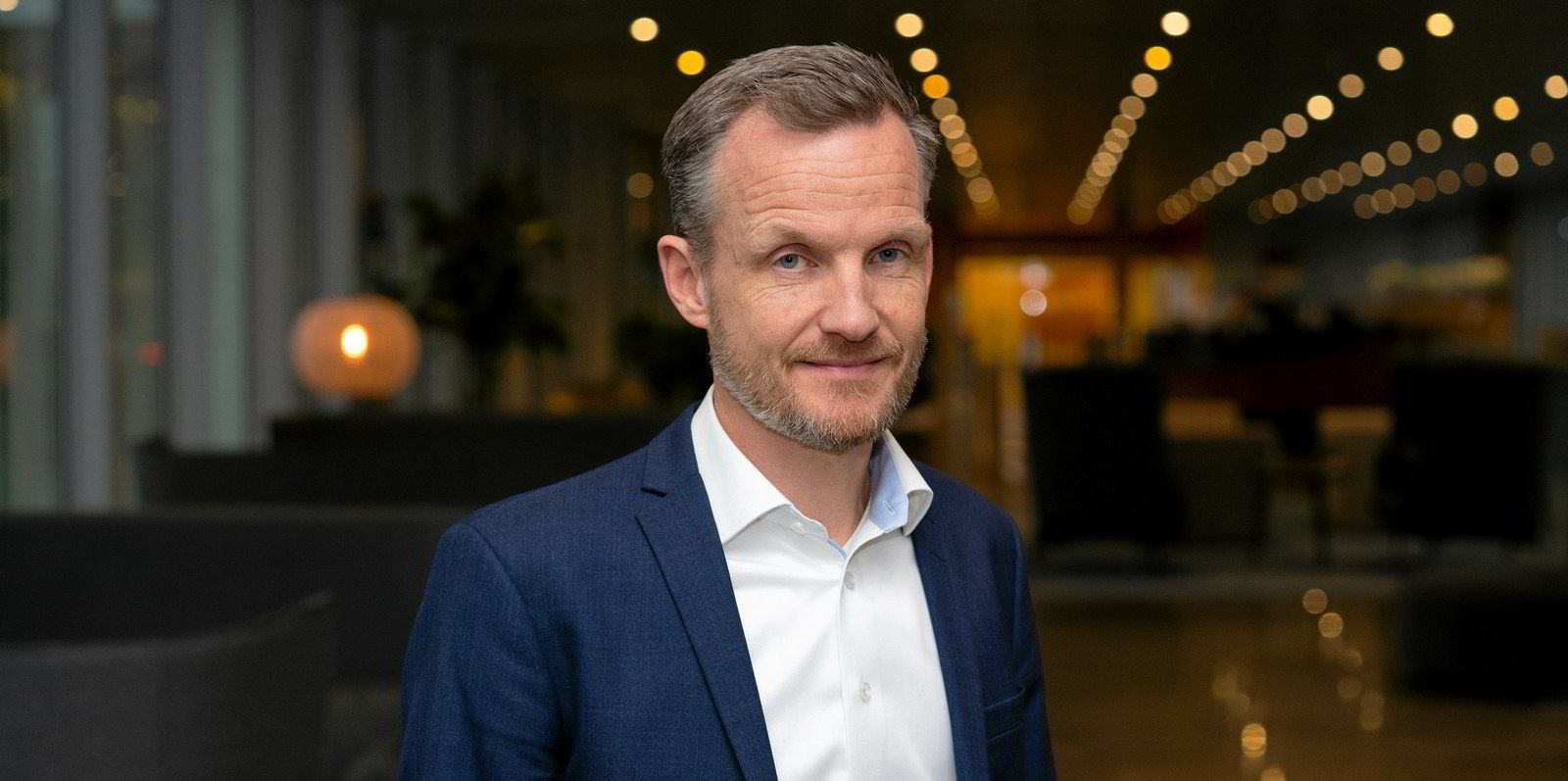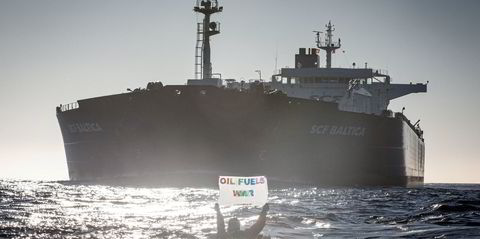AP Moller-Maersk's methanol fuel play is more than a matter of science and engineering.
To make its carbon-neutral vision for the up to 12 methanol-fuelled containerships on order come true, the company wants to see new policy too.
The Danish company intends to use methanol produced from biomass or carbon capture to offset emissions from methanol's use on the water, necessitating emissions be measured on a well-to-wake basis.
This type of evaluation — where emissions from production and use are taken into account — is thought to be key to making methanol a long-term solution to shipping's decarbonisation push.
“We will see a growing weight of maritime administrations and governments putting their weight behind [well-to-wake] at [International Maritime Organization] meetings this autumn, and ultimately the majority of the market will be convinced that this is really the only way to move forward so that we can compare apples to apples,” Methanol Institute chief operating officer Chris Chatterton told TradeWinds.
“That will put the industry in a place where it can make smarter choices about fuels and technology, which have developed faster than policy.”
On the heels of Maersk's announcement, The Methanol Institute — an industry group counting the Danish shipowner as a member — published a policy paper advocating for well-to-wake accounting.
The trade group said only taking into account emissions during sailing puts the burden on shipowners while unfairly advantaging fuels such as ammonia and hydrogen, which emit no carbon but are produced from fossil fuels.
Almost all methanol is produced using fossil fuels, as well, but can be made using alternative feedstocks — as Maersk intends to do.
Berit Hinnemann, head of decarbonisation business development at Maersk, said the company has been pushing for well-to-wake accounting as well.
"We see the risk where emissions are moved to somewhere else in the supply chain," she told TradeWinds.
"My colleagues from regulatory affairs, they are having a lot of discussions on this. We think it’s a very important point, that emissions are evaluated on a well-to-wake basis to make sure that we are carbon neutral on a well-to-wake basis."






